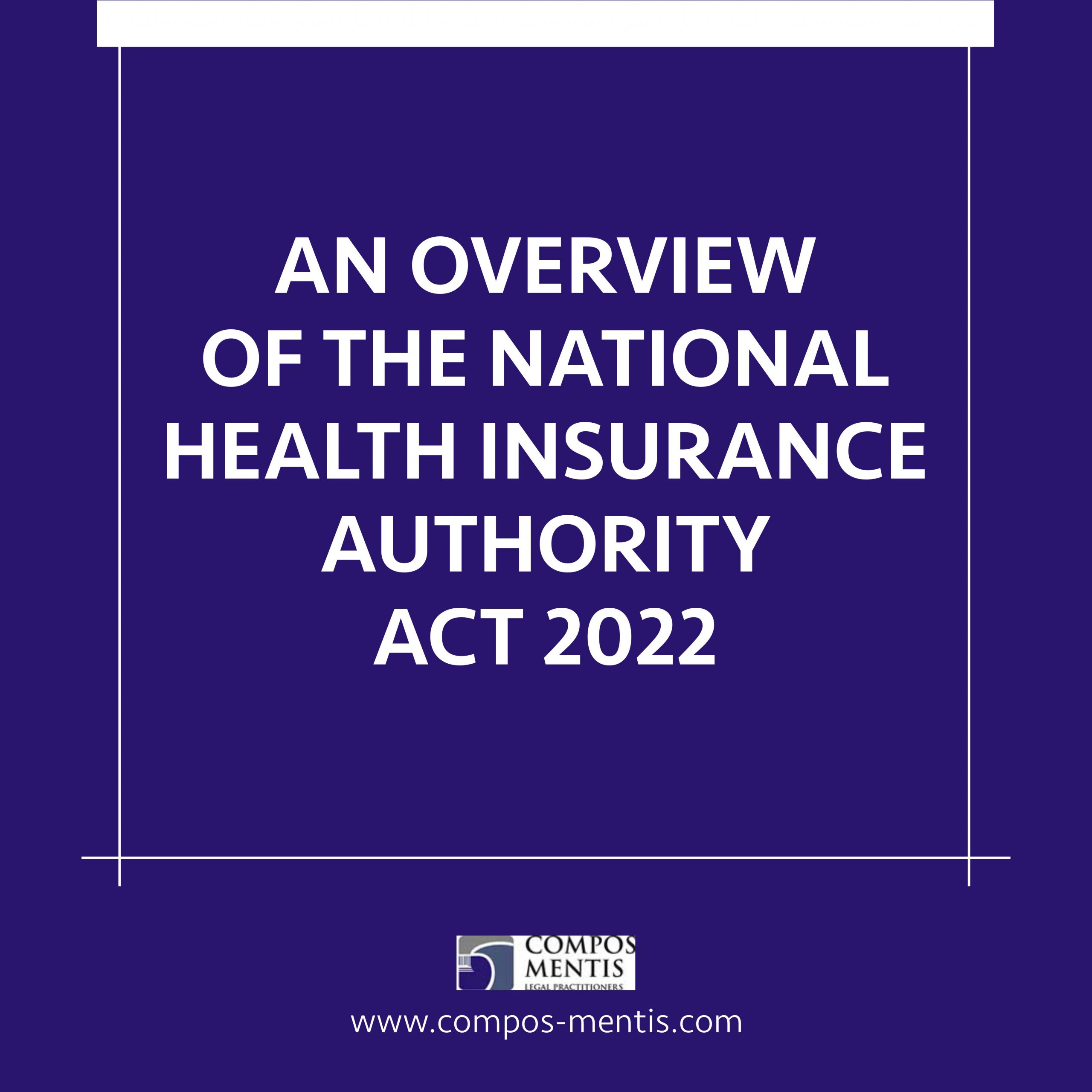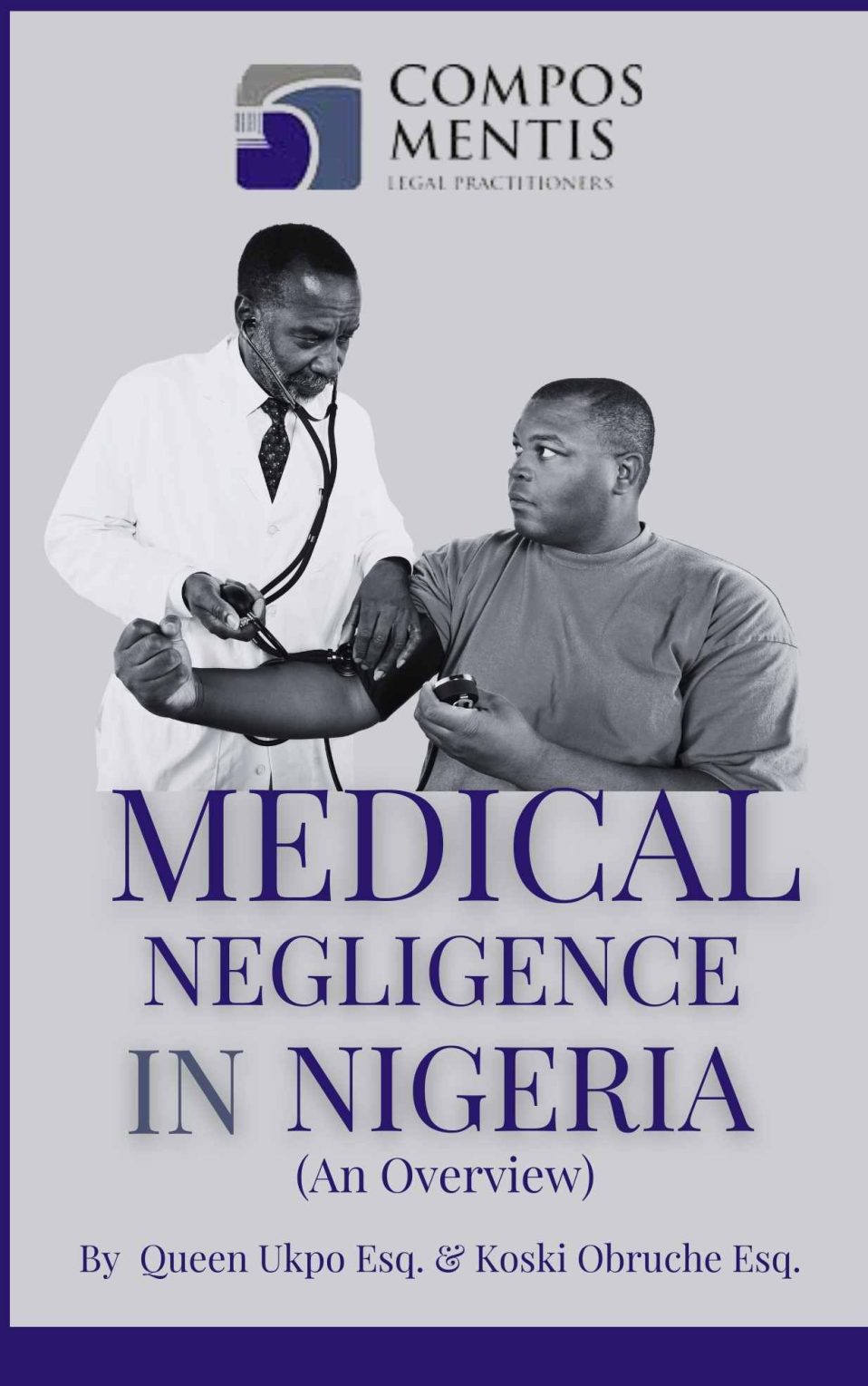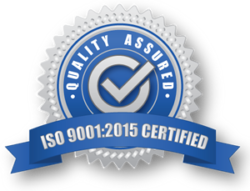Introduction
Nigeria has been ranked poorly on the World Bank’s Universal Health Coverage Basic Index. [1] Although access to healthcare by all Nigerians through the minimum basic health service packages is backed by the National Health Act, yet these packages have faced huge challenges in dissemination and implementation. This is more so because several State Governments are lagging in operationalizing them at the ward level.[2] This problem is compounded by the fact that the now repealed National Health Insurance Scheme Act had failed to provide for effective implementation of the said basic minimum packages. It therefore became imperative to review the legislation, so as to enact a new law which would promote basic universal health coverage for Nigerians at all levels. On the 19th day of May, 2022 President Muhammadu Buhari signed into law, the National Health Insurance Authority Act (NHIAA) 2022. The new act as stated in the explanatory memorandum, seeks to provide for the regulation and integration of health insurance schemes in Nigeria and related matters.
Notable Provisions of the NHIAA 2022
Establishment of the National Health Insurance Authority:
Whereas the National Health Insurance Scheme Act of 2004 provided for the establishment of a National Health Insurance Scheme, the National Health Insurance Authority Act provides for a “National Health Insurance Authority” (The Authority). Thus, the NHIAA 2022 rather created a body corporate (corporation sole) for the administration of health Insurance Schemes across the Nation. Remarkably, under NHIAA, wider powers have been granted to the National Health Insurance Authority to amongst other things, acquire, hold, or dispose of any moveable and immoveable property, as well as enter into contract or any other transactions in pursuance of its powers and functions under NHIAA 2022.[3]
The Authority established by Section 1 of the NHIAA 2022, shall be headed by a Director- General, who shall be the chief executive officer of the Authority.[4] The functions of the Authority are diverse and shall all be exercised with a view to achieve universal health coverage for all Nigerians, by ensuring that health insurance is mandatory for all Nigerians and legal residents in Nigeria.[5] The Authority shall have the number of directors which the Governing Council (The Council) believes, are required to assist in performing its functions.[6] The Authority shall also have employees and its activities shall be administered from a fund known as the Fund. Such fund shall be subject to annual accounts and audits.[7] The Authority shall also have an office in all states of the federation.[8]
Establishment of the Governing Council and Powers:
In the same vein, the Act maintains in part, the provisions of the repealed NHIS Act 2004, by also re-establishing a Governing Council (The Council), which shall be headed by a Chairman, a Secretary who shall be the Director- General of the Authority, and consist of such other members as stipulated by the Act.[9] The NHIAA introduces changes into the Constitution of the Governing Council (The Council) by including representatives from each geo-political zone to represent the states on a two-year tenure on a rotational basis, a representative of civil society organisations whose main activities focus on health, a representative from the armed forces and two representatives for organised labour.[10] The NHIAA however omits the provisions for representatives of registered health maintenance organisations, private health care providers, persons to represent public interest. All members of the council are part time members except the Director- General.[11] Upon appointment, members of the Governing Council shall disclose their interests and shall not hold personal interest in organisations under the Act.[12]
The Governing Council shall have the powers to approve and register third party administrators, ensure effective implementation of policies and guidelines of the Authority, regulate various health insurance schemes under the Act, and undertake approval, licensing, regulation and supervision of organisations and institutions relating to the Authority.[13] Where necessary, The Council may constitute a committee of members and non- members. However, if the committee is made up of non-members, it shall only act in an advisory capacity.[14] Where the president deems fit, it may dissolve the council and all its members cease to become members except the Director- General.
Provision for the Establishment of the State Health Insurance Schemes:
Another significant innovation of the NHIAA is the provision for establishment of State Health Insurance Schemes or State Contributory Schemes. The NHIAA envisages a multi-player collaboration between all stakeholders viz: the State Health Insurance Schemes, Private Health Insurance Schemes, the Health Maintenance Organisations (HMOs), Health Care Providers, Third Party Administrators (TPA), Contributors, and Mutual Health Organisations(MHAs) working pursuant to the operational guidelines to be issued by the Authority towards ensuring access to health care for all Nigerians. [15]
The NHIAA decentralises Health Insurance Schemes. It provides a three strata level of health insurance which are National Health Insurance scheme for employees at the Federal level to be created and administered by the National Health Authority, State Health Insurance Schemes and private Health Insurance schemes.
All states of the Federation and the FCT are enjoined to establish and implement a State Health Insurance and contributory scheme with a minimum scope of coverage as outlined in the Basic Minimum Package of the National Health Act while the National Health Insurance Authority shall establish a Scheme for the coverage of all employees in the Federal Civil service.[16] The State Health Insurance Schemes shall ensure that all HMOs, MHAs and TPAs employed under their schemes are registered. States who set up the health Insurance schemes shall be entitled to participate in allocations from the Basic Healthcare Provision Fund as provided for by the National health Act and its guidelines. Provided that if a state does not have an established health insurance scheme, it may contract a TPA to administer a scheme on its behalf[17]
Data Management:
Strikingly, the Act recognises the need for maintaining a data base and the critical nature of information and data management to the operation of a successful health insurance scheme. The Act therefore mandates the states and the FCT to set up and maintain an ICT structure for data management under the scheme.
Provision for Vulnerable Persons and Funding:
Importantly, the NHIAA provides for coverage by vulnerable persons who shall not be liable to payment of premiums by establishing the Vulnerable Fund Group. [18] Such vulnerable persons are defined by the Act to include children under five, pregnant women, the aged, physically and mentally challenged, and the indigent as may be defined from time to time by the Council. The payment of coverage for vulnerable groups, and the subsidy of health insurance premiums for indigent persons, shall be made from the Vulnerable Group Fund.[19] The sources from which funds shall accrue to the Vulnerable Fund group include the Basic Healthcare pProvision Fund, Health Insurance Levy, Telecommunications Tax not less than one kobo per second of GSM calls, money that may be allocated to the VGF by the government, money from investments made by the governing council, grants, donations, gifts and other voluntary contributions subject to review by the council by regulations to ensure that the source of funds keep pace with developments in the Health Insurance Industry. [20]Payments, disbursements of the VGF shall be made pursuant to the directives of the Council.[21]
Public-Private Partnership; Private Health Maintenance, and Insurance Organizations:
To promote Public-Private Partnerships and private enterprises, the Act permits for the registration of Private health Insurance Schemes pursuant to the Act. The person who wishes to operate such private health insurance scheme must be a registered limited liability company or company limited by guarantee.[22] Such entity shall apply for license and accreditation.[23] The private health insurance schemes must deposit in an interest yielding account designated by the Authority, a deposit to be applied to meet its liability where it cannot meet liabilities to contributors from available resources, or in the case of winding up or closure. By this, existing health maintenance organisations existing before the commencement of the NHIAA must now take steps to register and be accredited under the NHIAA. Additionally, the NHIAA preserves all contracts and acts validly made under the previous National Health Insurance Scheme Act. Thus, all such contracts remain valid and shall continue to operate as though they were made under the new Act, provided they were validly made.
Accreditation of HMOs, MHAs and TPAs under the Act shall be according to operational guidelines to be issued by the Authority. The Authority retains the right to withdraw the license of a HMO, MHA or TPA and decide on how to keep the concerns of the organisation going. These organisations shall be licensed and must display their licenses in prominent places in their offices.[24]
The HMOs may flag private Health Insurance schemes subject to approval by the authority. Mutual Health Organisations shall engage in community mobilisation and sensitisation and in consultation with the authority shall assist in in ensuring the interests of its members are protected.
Where there is dispute between HMOs, Health Care Providers, the Authority, Contributors or its agencies, recourse shall first be had to mediation and conciliation and where these fail, to arbitration. Where legal action lies against the Authority, its agents or employees, pre-action notice should be issued one month prior to the commencement of such action.[25]
Mandatory Insurance for All Nigerians:
Again, the Act makes insurance mandatory for every Nigerian resident including employees in the informal sector.[26] Employers and their employees shall be registered pursuant to regulations made under the Act. The Act compels employers who have five or more employees to contribute to a health insurance scheme. However, an individual may register with and obtain a private health insurance scheme, provided that such person shall not be entitled to cover under the Vulnerable Group Fund.[27]
Offenses:
Penalties and offences are created for failure to pay contributions deducted by an employer within stipulated period, non-remittance of the contributions deducted from an employee, non-remittance to health care providers, failure to settle fee for service, manipulation of enrolee register, issuance of dud cheques, failure to provide care. Under the Act, monetary fines, and/ or term of imprisonment applies to the offences listed above. [28]
Conclusion:
As access to basic health care delivery is paramount to the well-being of Nigerians, and many Provisions of the Act are to be administered based on guidelines to be issued by the Authority, Hence, there is need to expedite action towards setting up The Authority and issuing the relevant guidelines to enable the smooth take-off and operation of the provisions of the Act.
[1] World bank (2017) “UHC Service Coverage Index-Nigeria”
[2] Wright J cited by Mcking Izeiza Amedari et al. “Improving access, quality and efficiency in health care delivery in Nigeria: a perspective. PAMJ-One Health. 2021;5:3 [doi:10.11604/pamj-oh.2021.5.3.28204] accessible at https://www.onehealth.panafrican-med-journal.com/content/article/5/3/full
[3] National Health insurance Authority Act 2021 s. 1(2) (c-d)
[4] NHIAA 2022 S.40 (1-3)
[5] Ibid S.3
[6] Ibid S. 40(5)
[7] NHIAA 2022 Ss. 42, 43
[8] Ibid S. NHIAA S.41
[9] Ibid S.4
[10] NHIAA S. 4(1)(a-f)
[11] NHIAA S. 4(2)
[12] NHIAA S. 8
[13] NHIAA S.5
[14] Ibid S.9
[15] NHIAA S.24
[16] NHIAA S.13
[17] ibid
[18] NHIAA S.25
[19] Ibid sub 2
[20] NHIAA S.26
[21] NHIAA S.28
[22] NHIAA S.15
[23] NHIAA S.16
[24] NHIAA Ss. 33,34, 35
[25] NHIAA S. 47
[26] NHIAA S.14
[27] NHIAA S.14
[28] NHIAA S.48






Post a comment